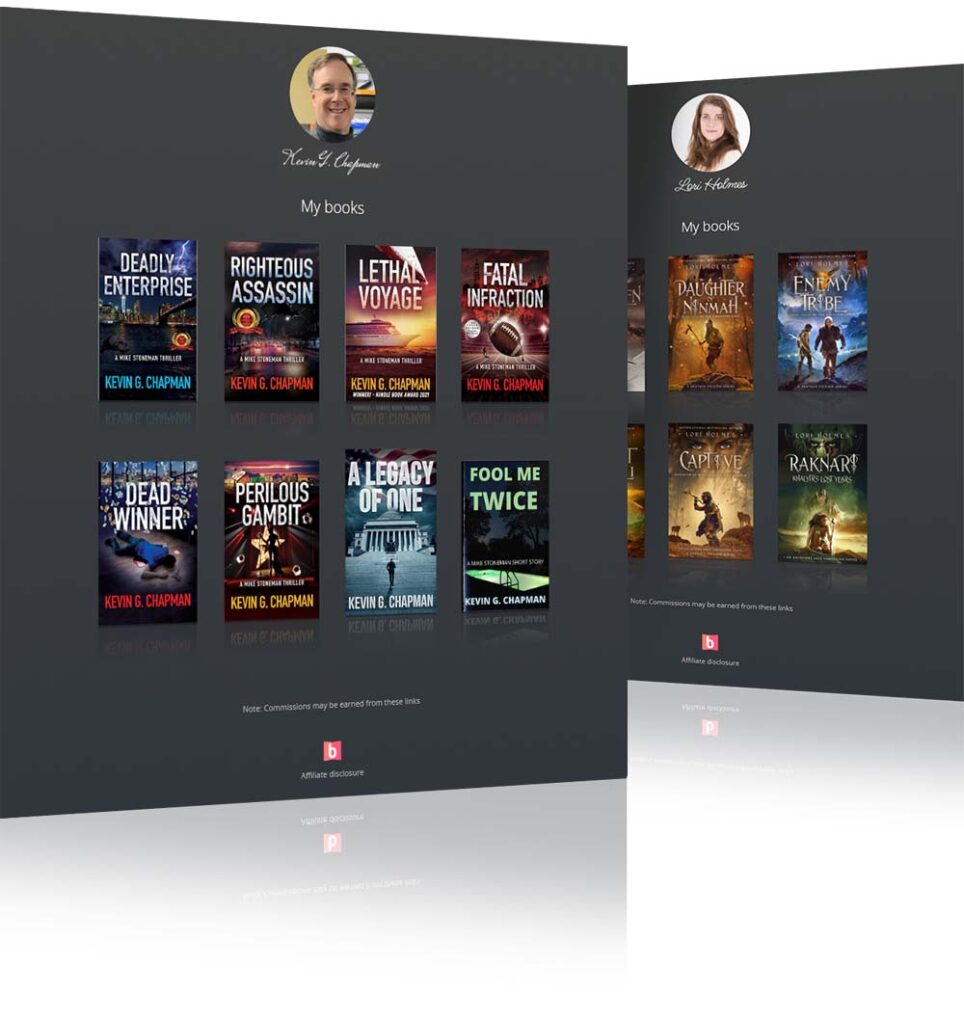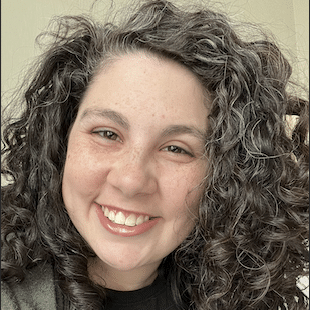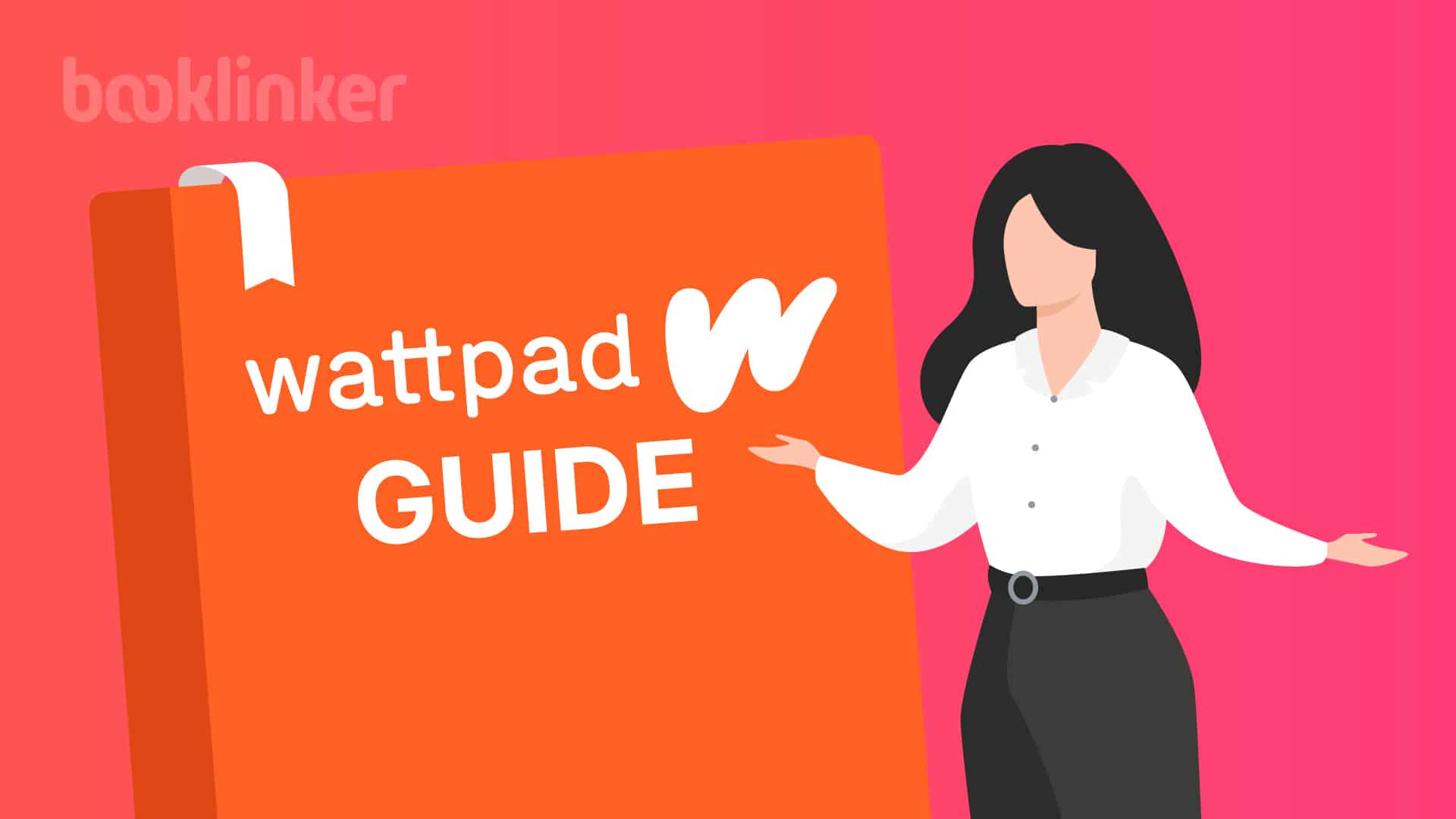
Podcasts are increasing in popularity now more than ever, with over 424.4 million yearly global listeners, a near 11% increase from the year prior.
This explosive growth in listeners could be due to a variety of things, such as an expanded workforce, longer commutes, remote workers, technology improvements, or simply COVID culture shifts.
Regardless, there are endless podcasts out there that give authors the opportunity to share their stories and reach their ideal readers.
However, many authors don’t know how to go about coordinating podcast circuits, podcast guest etiquette, how to pitch their book naturally, or even how to track podcast appearance ROI.
To help solve this, we decided to speak to Vicky Weber, a best-selling author with over 11 podcast appearances, and 19 titles, including one published by Disney, to share her knowledge on podcasts as a marketing strategy for authors.
For more tips on writing, publishing, and marketing children’s books, visit her blog.
If any of the above sounds interesting to you, then keep reading!

Free Universal Book Links
- Boost international sales by geotargeting readers
- Book store links update automatically based on availability
- Advanced marketing analytics
- Increase clicks with trusted links
Why Podcasts Are Good for Marketing
Being featured on podcasts helps establish your credibility as an author because your appearance means that the podcast host is vouching for you and your expertise. This will help you secure more features in the future too!
You’re also tapping into somebody else’s audience, which is an age-old growth marketing tactic. A podcast worth your while will have a large social following and email list where it’s their best interest to promote their own podcast episodes.
In the show notes of each episode, they’ll have a small biography about you with links on where to follow you, where to buy your book, or a place for lead magnet email capture.
Assuming you pulled off a great podcast interview, listeners are going to want to hear from you more so always make sure you have a call-to-action and make finding you easy.
How to Identify the Right Podcast to Make an Appearance On
In order to identify podcasts that make a great fit, it’s key to first determine who your audience actually is.
We’re not going on podcasts for the sake of going on podcasts. We’re trying to build our brand, share our story, and sell books.
For this reason, narrowing down our audience is essential to do before beginning the outreach process.
Depending on what you write, you may have multiple target audiences. The way you would reach, speak, and pitch to each audience is different. In my case, I have children’s picture books that focus on elements of music and teaching music.
So a natural audience for me to look at is other music teachers – elementary music teachers, to be specific. The thing is, parents love my books too but the way I pitch a musical picture book to a music teacher is different than how I pitch a parent. You have to know who you’re trying to attract to find them and market to them.
After finding your audience, it’s time to start figuring out what their interests are.
If I’m trying to reach music teachers, I need to think
“What type of podcasts are they listening to?”
Some ways I research this are:
- Going to a podcast app and search keywords
- Search Facebook or
- Instagram for hashtags
Google “Best (topic) - Podcast” – ex: best podcast for music teachers.
- Ask in Facebook groups
When you stumble on a potentially fitting podcast, listen to an episode or two to see if it truly aligns with your audience. For example, some book podcasts are designed for children to listen to.
But do kids typically purchase their own books?
If your goal with appearing on that podcast is to make more sales, that’s probably not going to help you do that. If credibility or fun is what you’re after, then that’s a little bit different.
While book podcasts sound like a good idea, be careful. Sometimes, the only people who follow those are authors. More often than you’d think, guest authors are asked before a podcast goes live, to make sure you follow. So all the followers are the authors they’ve featured.
Just like kids, authors are likely not your target audience.

Introducing:
Booklinker Collections
One landing page for all your books. 100% free.
One link for easy sharing of your books across your backmatter, websites, emails, and social media.
When should an author start thinking of starting their podcast tours?
Whenever possible, make sure the timing of your podcast appearances line up with your book release date(s). My recommendation is always to hit the ground running. Months prior to the release of your book, pitch as many relevant podcasts as you can.
It helps to have your book up for preorder to share on those podcasts and help drive preorders to the book.
After your book is published, you don’t want to lose momentum. Think about your schedule and how much time you have on an ongoing basis to keep pitching podcasts. Pick a number and try to hit it every month. Pitching one podcast a month is better than none.
Remember that a lot of podcasts are recorded in advance. So just because you’re featured on a podcast, it doesn’t mean that podcast will be released now. It might be released three-plus months from the recording date.
If a podcast host responds to you saying it’s not a good time, or that they’re not interested in that topic, be sure to follow up several months down the line and reply to that email thread, as long-term interest is always a good sign.
Maximizing Podcast Acceptance Chances
In order to maximize the chance we get accepted onto a podcast, it’s going to come down to your pitch and online appearance.
The Pitch
Now, let’s talk about the strategy for perfecting the perfect podcast appearance pitch.
As far as the delivery method goes, most of your pitches will be conducted via a cold email, but occasionally you’ll use a form of some sort. There’s been a few times I’ve reached out via social media DMs as well.
Oftentimes, the podcast host will have pitch guidelines for guests on their podcast, so be sure to follow them exactly, as the last thing you want is to blatantly ignore something and then that’s their impression of you.
If the host doesn’t have guidelines for your subject line, a lead with an enticing subject line and opening statement. You need to recognize that this person could be getting 50 emails a day, so make your pitch standout.
The most important piece of advice when it comes to pitching is to be genuine. If you come across as somebody who just copy-pasted their message, it’s much easier for a podcast host to ignore you.
Keep your language clean, but it also doesn’t have to be stiff and overly professional.
You also want to make a connection to the podcast itself and prove that you’ve listened to their podcast.
Mention an episode that you really liked. Don’t lie, and say, I love this podcast if you’ve never listened to an episode.
That being said, there have been times when I’ve said, I love the idea for your podcast. but I have to be honest, I haven’t had the chance to listen to an episode yet, but I plan to, it seems to me like your audience is XYZ, and I think that this would really connect with my audience about XYZ. Surprisingly enough, this has been received well before.
You also need to put yourselves in the host’s shoes and think, what are they getting out of this besides hitting a scheduling quota?
Pitching a unique angle on something that’s really trending right now will certainly go a long way. For example, as of August 2023, mixing AI into your subject would be a pretty great way to generate interest.
Assuming your pitch isn’t answered, I would certainly follow up at least once.
These business owners have a lot going on and get a lot of emails. If you are going to follow up, I would wait seven to ten days give or take.
Here’s a template to get you started:
To (insert name),
My name is [Your Name] and [insert personalized phrase about that specific podcast]. I recently published my book, [Insert Book Title], which explores [Describe theme/topic].
I wanted to see if you were interested in me coming on the podcast to talk about [Topic] as I think it would resonate with your listeners.
Looking forward to hearing from you,
[Your Name]
[Your Contact Information]
Online Appearance
Now that you know how to craft a great podcast pitch, make sure that you present yourself in the best way possible online. There’s a chance the podcast host has not heard of you, so it’s likely that they’ll look you up.
The main things I would focus on when it comes to your online appearance, are having strong social media profiles, a personal author website, and ideally, an email list.
Make sure that your social media profiles of choice are professional. The accounts should be well-curated, active, and on-brand.
You don’t want to have a Twitter account that you’re posting politics on and then you’re also like “Oh check out this podcast I was on.” Your podcast feature shouldn’t feel like a cliffnote or that it doesn’t belong!
Keep your personal accounts personal and your author accounts professional. Your posts should be about content that your target audience cares about, relates to, or finds value in.
If you have an author website, make sure that’s up to date and looks nice. Note how I didn’t say it needed to be fancy, or expensive. It just needs to look clean, easily navigated, and demonstrate your work and accomplishments.
Lastly, while this is by no means mandatory, having an active and engaged email list is going to get you extra points in the eye of the podcast host, as they know they’ll have some more help promoting it.
What would you do to prepare before an interview?
The best tip I can give is to just practice. An exercise I do is go to Google and generate some common podcast questions and practice answering them out loud and recording myself.
Just doing audio works, as you’ll start to notice your speaking habits. You’ll become aware of when you stumble or what your crutch words are.
It also helps to practice with somebody too—your spouse, a friend, or your mom, as they can give you more real-time feedback. But keep in mind you’ll likely be more comfortable speaking with them compared to the internet.
When you’re talking with a person, really emphasize practicing the conversational components.
Most podcast hosts, will ask you predetermined questions, but prefer when the conversion ebbs and flows naturally. Make sure you allow for moments to transition, make sure it’s light and playful, and that you’re connecting with the other person. I know that’s hard to do when you’re nervous!
Another thing I do to prepare for an interview is jotted down a couple of core ideas. Some of the most common questions I get asked are:
- Have you always wanted to write a book?
- What inspired you to write?
- How does publishing actually work?
- What was the biggest challenge you faced with writing and publishing?
So I’ll write a couple bullet points about these frequently asked questions so that I’m not improvising the entire way. I also have bullet points on what my call to action will be.
Because usually, a host will ask “where can listeners find you?” or “how can others reach out to you?”
You’ll want think about your call-to action beforehand:
- Am I asking them to go to my website?
- Am I asking them to follow me on social media?
- Am I asking them to download the freebie or check out my book?
You don’t want to ask your audience to do a hundred things.
Pick one or two things pre-planned in advance.
I’ve also had podcast hosts ask me, what are questions you want to make sure I get to?
Anything you left unsaid will just be a conversation.
So give me the must touch ons and everything else.
How to Be a Great Podcast Guest
There’s also an art to being a great podcast guest. You want to be yourself and let the host guide you. Don’t put on a persona unless that’s essential to your author brand.
I mentioned earlier listening to the podcast in advance is important. A big part of that is knowing what the hosts energy is like and how the episodes are structured.
I’ve had some podcast hosts that don’t like to talk very much. They want their guests to do most of the talking. And then I’ve been on podcasts where that is the opposite.
You’ll want to know this in advance.
Being prepared is also important as a podcast guest. Make sure you’re answering the podcast host emails promptly, and that you’re there on time.
You also want to make sure you have decent equipment. You don’t need a crazy expensive microphone (though my audio engineer husband would disagree with me…) but you also shouldn’t be talking into a phone or computer speaker. You’d be amazed at the quality of Apple headphones or other affordable options.
You also want to take the podcast in the right environment. Purely due to the background noise component. If your dog is barking or your kid is screaming in the background, that comes off pretty unprofessional.
Can I Expect a Script to be made for my Podcast?
This really depends on the hosts, as some don’t like scripts at all as they feel it takes away from the natural flow of conversation.
I’ve had way more than I expected to say no to a script. In most cases, the host will just let you know some of the questions they plan to ask ahead of time in order for you to prepare.
If this happens just make sure not to sound too robotic in your answers.
How do you promote your book in a podcast interview?
The whole reason you’re doing it is to sell more books, but at the same time, you don’t wanna shove it down the audience’s throat.
How often have you had a “friend” and the only time they reach out is to sell you something.
How often do you reply to them?
If you’re shouting “buy my book!” it’s going to fall on deaf ears.
But if you lead with the value or purpose of the book, at relevant times, you’ll have much better luck.
A good podcast host will give you the opportunities to bring it up. And it’s usually way better coming from them.
How to Market Your Podcast Appearances
Hopefully, in addition to your podcast outreach, you’ve been marketing yourself as an author in other ways. These channels make perfect candidates for you to distribute your latest podcast appearance.
- The first easy thing to do is tell your email list about it. If readers voluntarily gave you your email address, they clearly want to hear what you’re up to. Send a one-off campaign letting your list know a little bit about the podcast and what they can expect from listening to it.
- If you have a Twitter account or Facebook Author page, these places make a lot of sense to share your podcast appearance on as well.When you tweet something on Twitter, only about 2% of the people following you see it the first time. So that just kind of goes to show that you should promote your work several times.Why go through all this effort to this podcast and just not have its target audience see it?
- Find opportunities to link to it naturally. So if you have an author blog, is there a natural place where you could link to the podcast?
- You could also do newsletter swaps with other authors. After all, if they have a similar book to yours, they probably have the same target audience that you can tap into.
- Put it up on your website. Take the thumbnail, get the link or the audio clip and put it in a “Featured In” section. Later when you’re pitching other podcasts or getting featured in other places, they’ll know where you’ve been.
The podcast owner should do a fair bit of marketing themselves, so you should retweet, and repost their content.
Anytime somebody replies to the post, be there to engage with them.

Introducing:
Booklinker Collections
One landing page for all your books. 100% free.
One link for easy sharing of your books across your backmatter, websites, emails, and social media.
How can an author track the success of their podcast appearance?
As an author, there are so many different ways to market ourselves, we want to make sure we’re spending our time properly.
Compared to other book marketing methods, tracking ROI from podcasts can be more difficult.
The main metric to view the success of a podcast are downloads, but this number is only available to the podcast host.
In my experience, most hosts will share this with me. You can also keep an eye on social media chatter to see how well the podcast is being shared.
Often, a podcast will have a website to go with it because there’s usually a business entity attached to it in some way.
If you want to see how much website traffic they get, you can use a tool like SEMRush or Ahrefs to see what the domain authority or the traffic is on their website.
While this won’t tell you how many podcast downloads there have been, you can see how much organic traffic they receive, which can help you take an estimated guess.
The last thing that you could do to track the marketing success of your podcast is to use a link management tool such as GeniusLink inside of the show notes.
This will allow you to track the number of clicks the link receives, as well as customize the appearance of the link to have a custom URL and domain name.
I would also monitor your book sales around the time your podcast interview goes live. As an author, anytime I’ve tried something new, made a large change, or been on podcast, I look for a spike in my sales to try and see where that’s coming from.
All in all, podcast features are a great way to get your book out there, build your credibility, increase your visibility, and make sales.
It’s all about finding the right fit for you and your genre, pitching yourself well, and providing value. And while it can feel scary or even awkward at first, the more you practice and the more you pitch yourself, the easier it will become.
For more marketing tips and information on how to write children’s books, make sure you check out my blog!
Author
-

Vicky Weber is a bestselling children's book author and a literary agent specializing in children's literature. She's also a publishing coach for At Home Author - a company that helps current and aspiring kidlit authors navigate the publishing industry. Vicky taught elementary music to PreK-4 students for 6 years before leaving the classroom to write children's books full-time.
https://athomeauthor.com


